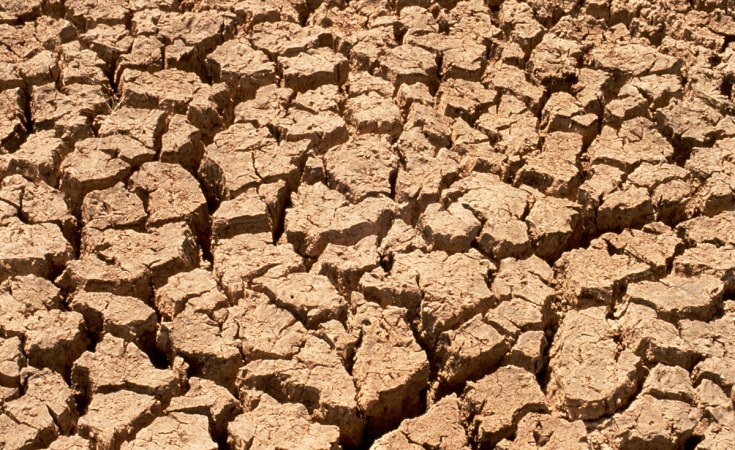As the world marks the International Day of Awareness of Food Loss and Waste, WFP helps growers recover from crop losses and capitalize on climate-smart techniques
Grace Chikwama has survived on grace for much of her life. She lives in the drought-prone farming district of Kalomo, in southern Zambia. At 46, she has seen the ebb and flow of life in her village. Droughts and harvest loss are an all-too-familiar story.
She counts among millions of farmers who suffered crop losses from severe episodes of droughts that affected half the country's 116 districts during the 2018/2019 growing season. Grace and her family of 10 rely on the farm. And with a changing climate, it can be stingy.
"I look back on that farming season with fear," Grace says. "My family and I survived by the grace of God. When the drought hit, all the crops we had planted dried up. We harvested nothing."
Like most farmers, she never wishes to relive that ordeal. Today - with more dry spells forecast in parts of the country this coming growing season - she has new weapons to fight them. That's thanks to a World Food Programme (WFP) initiative helping farmers recover from droughts that are likely to become more severe and frequent with climate change.
The two-year project by the World Food Programme (WFP) and partners enabled over 100,000 vulnerable smallholder farmers like Grace to recover from their devastating crop losses. Launched in five districts of southern and western Zambia and funded by Germany, it focused on, among other things, promoting improved farming methods and crop management practices and technologies to reduce post-harvest losses.
Farmers were also encouraged to produce drought-tolerant and nutritious crops such as cassava, orange maize, cowpeas and groundnuts. For its part, the government, working with WFP, supported drought-hit communities by providing nutritious meals to school children in the hardest-hit districts.
More broadly, the initiative helped tackle a massive problem in Zambia and elsewhere in Africa where food loss can reach up to 50 percent across the supply chain, from farm-level production to retail and finally consumption.
"Losses are crippling. The causes are complex and interrelated. Inaction at one stage of the supply chain could be the driver of post-harvest loss at a different stage," says Cissy Byenkya, WFP Country Director in Zambia. "We are delighted the project has been the difference for many farmers."
New skills, new technology
The initiative has been a game changer for Grace. She still remembers the punishing drought as if it were yesterday. She watched helplessly as her crops wilted and then dried up. Time passed and all hope for a harvest vanished.
Unable to harvest, the family ran out of options.
"We were eating once a day, and sometimes we would go for up to two days without a meal," says Grace.
Sometimes, the family resorted to the seed grains for the next farming season. Under pressure, her children dropped out of school.
Under the project, Grace received training on post-harvest management to better handle crops, including transporting and storing them. She also learned when to harvest her crop, the right moisture content levels required before the crop is harvested and stored, and how to prevent grain contamination.
Using the affordable storage bags she received under the programme and those she bought, Grace can now safely store her harvest for months - without pesticides, she says - maintaining its quality. She has drastically reduced crop losses and now has a surplus to sell at any time.
Additionally, she has adopted climate-smart methods that also reduce crop losses. She cultivates land without disturbing the soil structure and covers her cultivated land with mulch to limit water loss. She practises crop rotation and simultaneously grows different types of crops in a single field to boost her yields.
Grace is proud to have maximized her land use. With inputs she received from the project, she harvested more than she expected to meet her family's food and other needs.
"Compared to the past, we are now able to eat breakfast, lunch and supper," Grace says joyfully, "I've already sold part of my surplus harvest to pay tuition fees for my children and buy them school uniforms."
Lean more about WFP's work in Zambia


